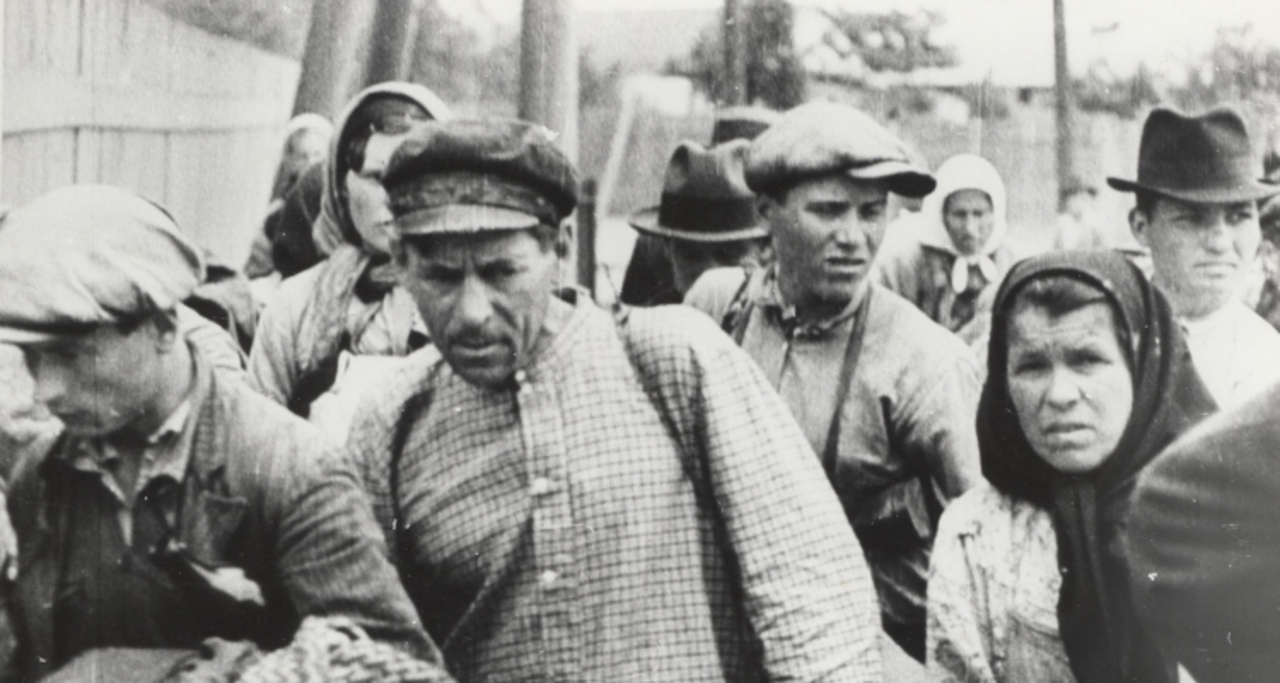Remembering Fântâna Albă: 83 Years Since Tragic Massacre
On April 1st, we commemorate 83 years since the Fântâna Albă Massacre, one of the most significant tragedies endured by Romanians during the interwar period.

This tragic event unfolded on April 1, 1941, in Northern Bukovina, where between 2,000 and 4,000 Romanian individuals, seeking refuge from the Soviet Union into Romania, fell victim to Soviet troops.
Historians assert that those Romanian citizens residing in Soviet territory were deceitfully assured of repatriation, a promise that led to a calamitous outcome on a global scale. The atrocities perpetrated at Fântâna Albă are likened to the abhorrent actions of present-day totalitarian regimes, both in Bukovina and elsewhere.
The sorrowful incident unfolded when over 3,000 Romanians attempted to cross the Soviet-Romanian border, redrawn following the June 1940 ultimatum, which coerced Romania into relinquishing a territory inhabited by over 3 million individuals to the Soviet Union. These individuals, unwilling to become Soviet subjects, formed organised columns and embarked on a journey across the Prut River, abandoning their homes and families while bearing white flags of peace. Yet, a mere two kilometres from the Romanian border, near Fântâna Albă, Red Army border guards mercilessly opened fire on the Romanian column, indiscriminately killing children, women, and the elderly. Those few who survived this bloodshed were subjected to unspeakable tortures and eventually disposed of in mass graves.
Renowned historian Dr. Sergiu Musteață, speaking to Radio Moldova, denounced the conduct of Soviet authorities toward the local populace as indicative of extermination and genocide. He elucidated that the false promise of repatriation served merely as a pretext for the Soviet authorities to instil fear, branding those attempting to leave as traitors and summarily executing them. This event, obscured for years, like many other crimes perpetrated by the Bolshevik authorities, was only revealed during the perestroika era and following the dissolution of the Soviet Union, with the opening of archives shedding light on the grim realities of the past.
Regrettably, the Soviet regime never acknowledged the massacre. It wasn't until the year 2000 that Ukrainian authorities, for the first time, permitted the commemoration of the victims with a religious service at Fântâna Albă.
To honour the memory of the victims, Romania declared April 1st as National Day in 2011, commemorating the Romanians who fell victim to massacres, deportations, famine, and various other forms of repression orchestrated by the Soviet regime across Bukovina, Herța County, and Bessarabia.
Translation by Iurie Tataru




